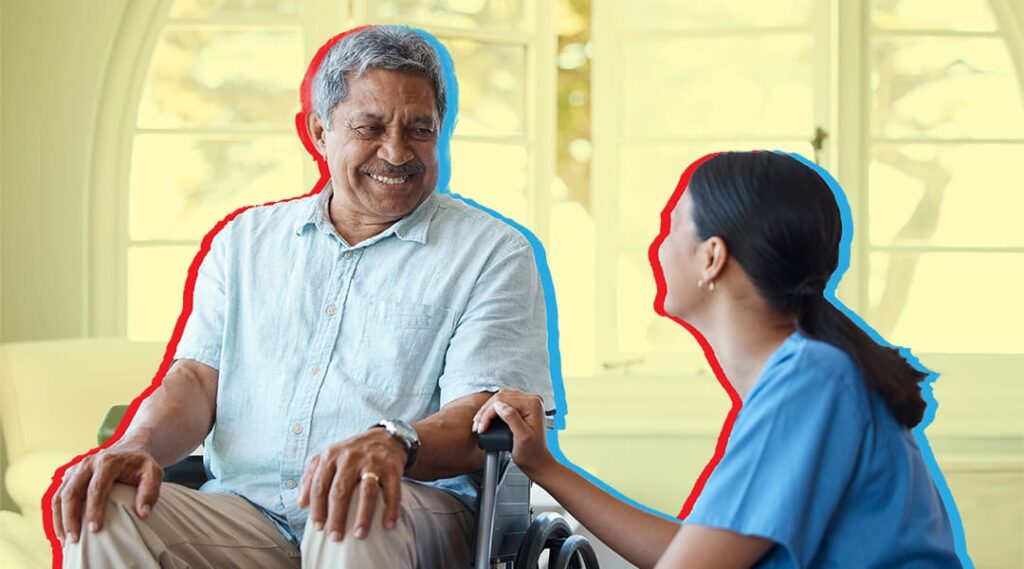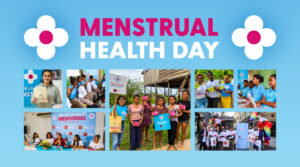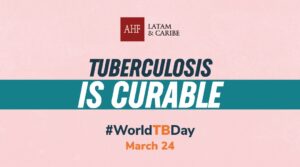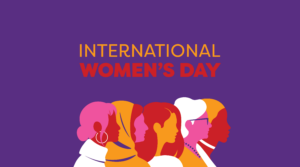Thanks to the high efficacy of antiretroviral treatments, more and more people with HIV are reaching old age, which is posing new challenges for their health care. Although the infection can be controlled with medication, bringing the quality of life closer to that of people without HIV, it is also true that those who have the virus have characteristics that make them different from their peers of the same age.
It has been identified that the mere fact of living with HIV causes premature cellular aging, as soon as the infection begins in the body, as some studies have discovered.
This is mainly due to the chronic inflammation process that is present in people with HIV, regardless of whether they are on antiretroviral treatment or if their infection is controlled. Cellular damage is something that has not been able to be stopped in the case of this infection.
For this reason, Dr. Monica Gandhi, director of the Ward 86 Clinic in San Francisco, California, in the United States, has determined that 50 years should be considered the age from which people with HIV would be classified as older or elderly, in contrast to the 60 or 65 years with which the general population is classified.
Early effects
In this way, if you live with HIV and you are already a certain age, you could be experiencing diseases or a prelude to diseases more closely related to older people. You should know that these health conditions are just beginning to be studied in the population with the virus.
For example, so far it is known that the cardiovascular system of a 50-year-old with HIV is similar to that of a 60-year-old without HIV. The cardiovascular system, in particular, is affected by the chronic inflammation generated by the infection.
This condition affects the blood vessels, which in turn begin to have deficiencies to irrigate important organs, such as the liver or kidneys, in addition to increasing the probability of prematurely developing various diseases not related to HIV.
In addition, according to what the Working Group on HIV Treatments (gTt-HIV) points out, it has been seen that the cellular aging process affects more those people who acquired HIV before antiretroviral treatments were created, and who had to take the first drugs used against AIDS, which were very toxic compared to the drugs that are currently available. The repercussions of the old treatments are observed mainly at the metabolic and cardiovascular level.
Multidisciplinary care
As more and more people with HIV are reaching older ages, it is very important that medical teams are able to manage health problems such as those that afflict the general population. For this, it would be best to have specialists from various disciplines who, in addition, are well versed in the administration of antiretroviral therapy.
For example, Dr. Meredith Green and her team at the University of California, San Francisco, implemented and evaluated a program called “Golden Compass,” especially designed for the care of older people with HIV.
The researchers identified the main needs of this population and grouped them into four “cardinal points”, which consist of:
• Cardiology specialist and pulmonology specialist to monitor cardiovascular and pulmonary health
• Geriatric specialist who performs frailty assessments and checks bone health
• Dental, hearing, and eye health provided through rapid referral after consultation
• Mutual support groups to deal with problems of loneliness and other emotional conflicts
Don’t be afraid to state your needs
If you live with HIV and have passed the age of 50, don’t be afraid to talk to your medical team about the possibility of more comprehensive care for your health. It is true that the learning process is still underway, but that is precisely why you can contribute to a new approach in the HIV services you go to.
Remember that your antiretroviral treatment and comprehensive care of the infection are crucial for you to maintain better health for much longer. If you already have an HIV diagnosis and have not started your treatment, or if you suspended it and want to resume it, at AHF Latin America and the Caribbean we can support you. Come to one of our centers, we are in 11 countries in the region.







